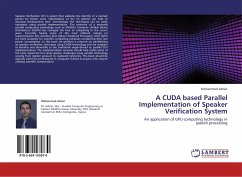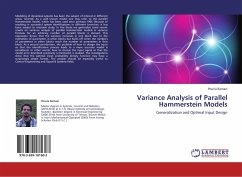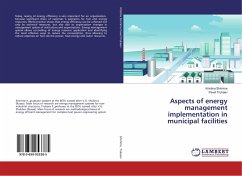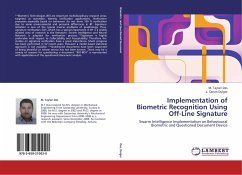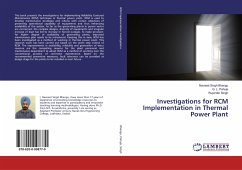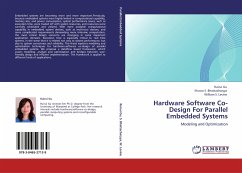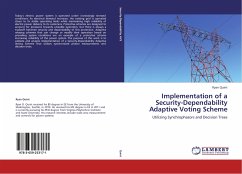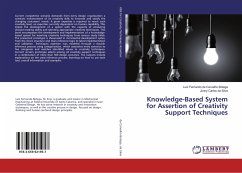Speaker Verification (SV) is system that validates the identity of a claimed person by his/her voice. Optimization of the SV systems can help to decrease development time. Interestingly, the techniques can be easily optimized using parallel implementation. The existence of a massively parallel computing technology such as NVIDIA's Compute Unified Device Architecture (CUDA) has changed the face of computing in the recent years. Currently having some of the most efficient ratings on supercomputer lists indicates that today s Graphical Processing Units (GPU) are fairly accepted for scientific computing purposes considering their low power consumption. In this book we perform a research on parallelizing an speaker verification technique using CUDA technology and we compare its benefits and downfalls to the traditional single-thread or parallel CPU implementations. The implementation scenario should help clarify some of the most important but rarely spoken challenges using parallel technology varying from register pressure to coalesced memories. This book should be specially useful to professionals in Computer Science & anyone who may be utilizing scientific computations.
Bitte wählen Sie Ihr Anliegen aus.
Rechnungen
Retourenschein anfordern
Bestellstatus
Storno

